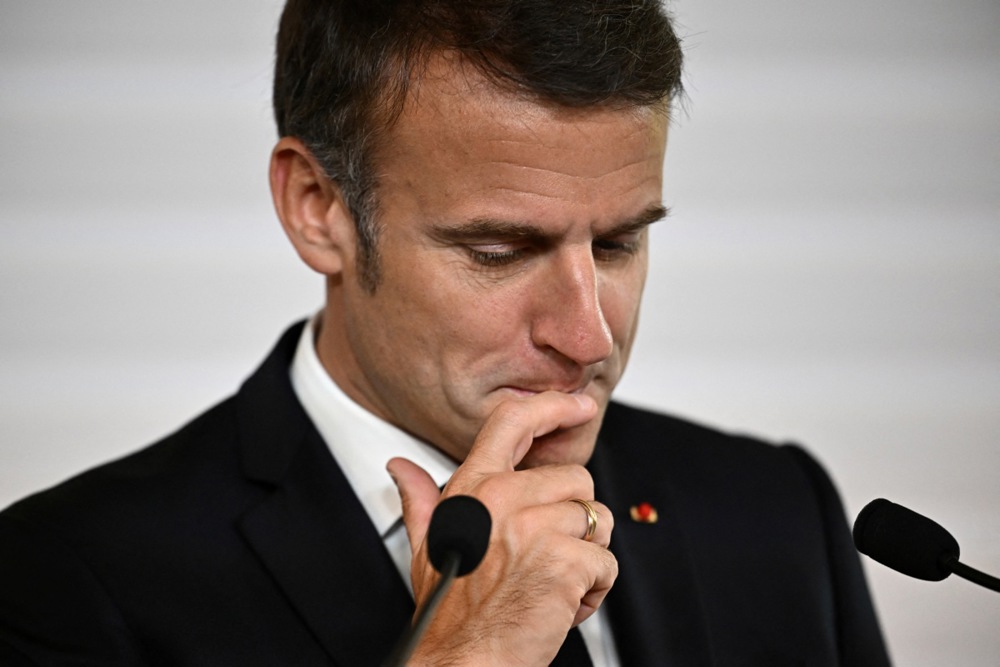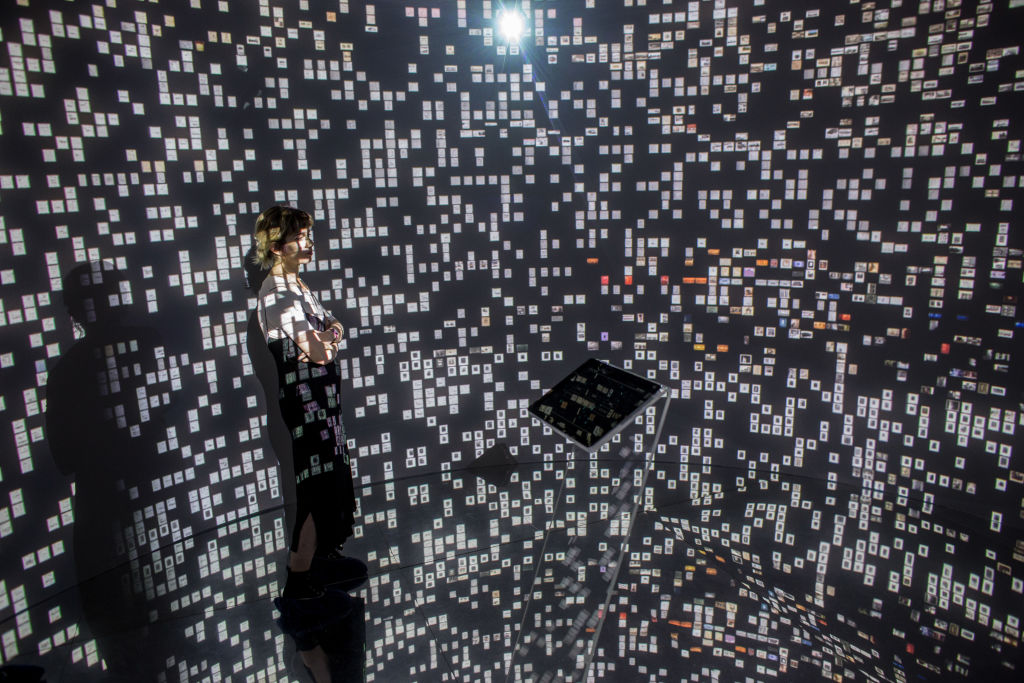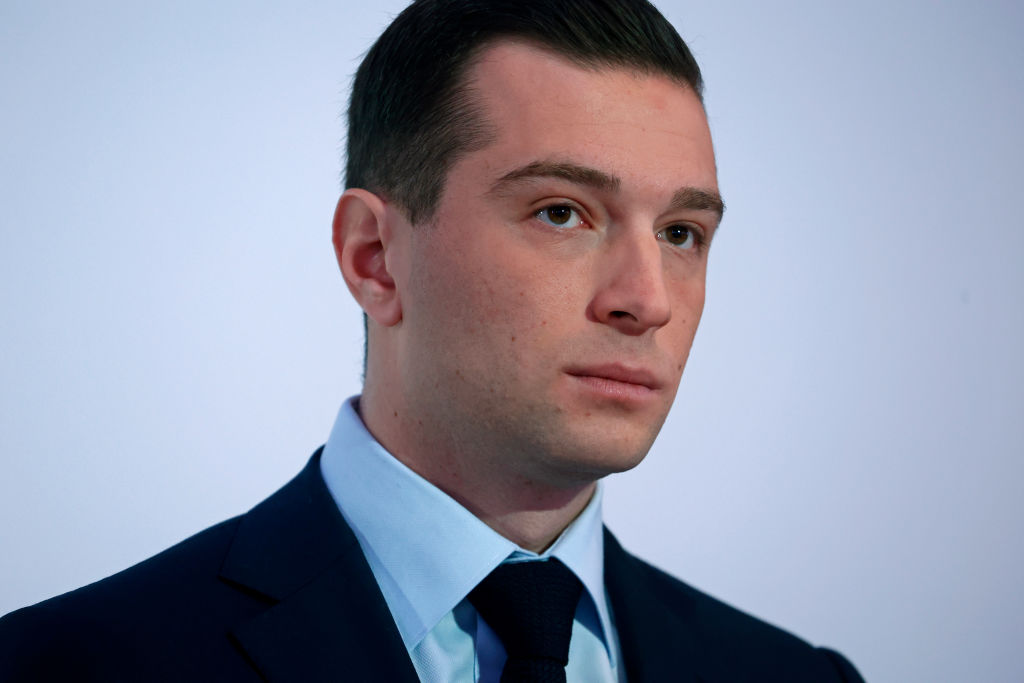Emmanuel Macrons and his allies’ “Neither the Left nor the hard-right” campaign faces a tricky situation ahead of the second round of votes on July 7.
They have the potential to shift the balance between the Left and the hard-right but many don’t want to.
Macron is facing a significant loss after the first round of the general election on June 30 saw National Rally (RN) and allies win with 33.15 per cent of the vote. Left-wing coalition the New Popular Front came in second with 27.99 per cent and the President’s Renaissance Party was third on 20.44 per cent.
Seemingly stuck in the middle, Macron is trying to make his mark and re-establish himself as the country’s leader.
He and his political allies aim to revive the centre and the moderates against the hard-right. The President also wanted to exclude the hard-left from the left-wing alliance; he has hinted at forming a coalition in the next parliament with “republican forces”.
“The time has come for a broad, clearly democratic and republican rally for the second round,” wrote Macron on June 30.
French economy minister Bruno Le Maire said he deplored “the defeat” of his Renaissance camp and called for a stand against the RN and La France Insoumise (LFI), a member of the left-wing alliance.
“La France Insoumise is communitarianism, because La France Insoumise is anti-Semitism, because La France Insoumise is violence,” he said.
François-Xavier Bellamy, leader of the Republicans, and Edouard Philippe, former prime minister under Macron, echoed this outlook alongside Prime Minister Gabriel Attal, who confirmed the President’s strategy for the next round.
“La France Insoumise prevents the New Popular front from being a credible alternative to govern,” Attal said on June 30.
“The challenge of this second round is to deprive the extreme right of an absolute majority by building an assembly where we will carry enough weight to build a majority of projects and ideas between republican forces,” he added.
According to Le Grand Continent magazine, RN is predicted to clinch an absolute majority in the second round.
On June 30, Marine Le Pen, de facto RN leader, called on voters to give her party such a majority.
Je remercie les électeurs de ma circonscription qui me renouvellent leur confiance en me réélisant dès le premier tour avec 58% des voix.
L’objectif désormais : obtenir dimanche prochain une majorité absolue à l’Assemblée nationale.
Merci à tous ! pic.twitter.com/w3qNdcUrLZ
— Marine Le Pen (@MLP_officiel) June 30, 2024
“To carry out the reforms the country needs, we need an absolute majority for [RN President] Jordan Bardella to be appointed prime minister by Emmanuel Macron,” she said.
“However, there’s no guarantee that the country won’t fall into the hands of a violent, anti-Semitic, anti-Republican extreme-left, whose most violent elements, LFI will impose Jean-Luc Mélenchon [JLM] as prime minister,” le Pen added.
Left-wing leaders deplored RN’s attacks and what they called “Mélenchon bashing”. Sandrine Rousseau, a prominent figure with the Greens, stated: “If the problem hadn’t been JLM, it would have been me or who knows who else.”
Taper sur Jean-Luc Mélenchon est un prétexte. Juste un prétexte pour ne pas voter à gauche. #NouveauFrontPoplulaire #legislative2024
— Sandrine Rousseau (@sandrousseau) June 30, 2024
Leftist politicians have called for a “Republican Front” — a form of cordon sanitaire — to prevent the RN from winning outright control.
Mélenchon, leader of LFI, urged left-wing voters to prevent the hard-right party from gaining power.
“Under any circumstances whatsoever, not one vote and not one more seat for the RN. The future of the country is at stake,” he declared.
Leaders of the Greens and the Socialist Party backed the call to action.
In the second round of the elections, left-wing candidates in third place will withdraw in three-way contests to allow a second-place candidate a better chance to defeat the RN.
Leaders and key figures from France’s left-wing parties have rallied for a unified “Front populaire” to take on the hard-right at the recently announced snap election later this month. https://t.co/wSJZh3ezOE
— Brussels Signal (@brusselssignal) June 10, 2024
It is not a new strategy. Macron applied the same in the presidential elections of 2017 and, in 2022, he appealed for national unity, invoking the so-called Republican cordon sanitaire – to prevent Le Pen from winning the presidential vote.
Today, the Republican Front, which once effectively opposed the RN, does not enjoy unanimous support.
Marine Tondelier, leader of the Greens, criticised the centrists’ strategy. “They’ll be disgraced and defeated,” she said on July 1.
RN is favourite to win a majority for the first time and may also sweep to power in L’Élysee in 2027.
The National Rally obtained first place in 296 constituencies and 39 of their candidates were elected in the first round. On the Left, the New Popular Front came first in 157 constituencies with 32 candidates already been elected.
National Rally qualified in 444 constituencies against 413 constituencies for the New popular front.
In the French parliament, to enjoy an absolute majority one party needs 289 seats.





